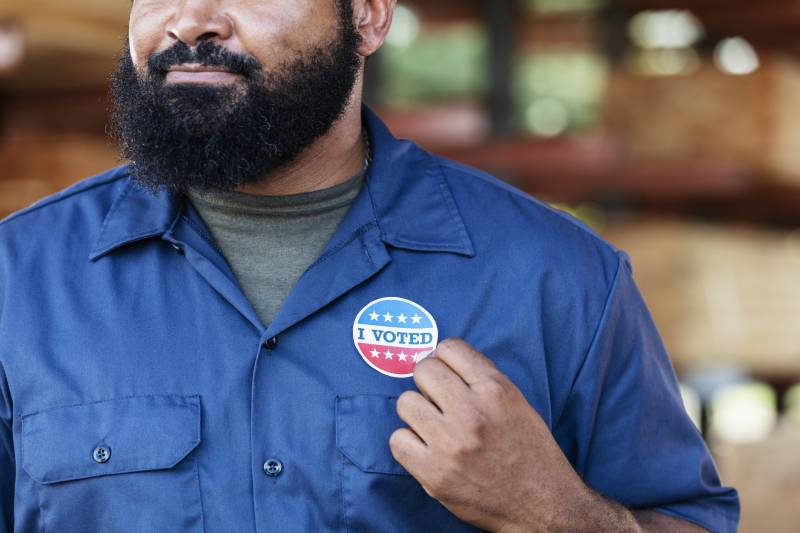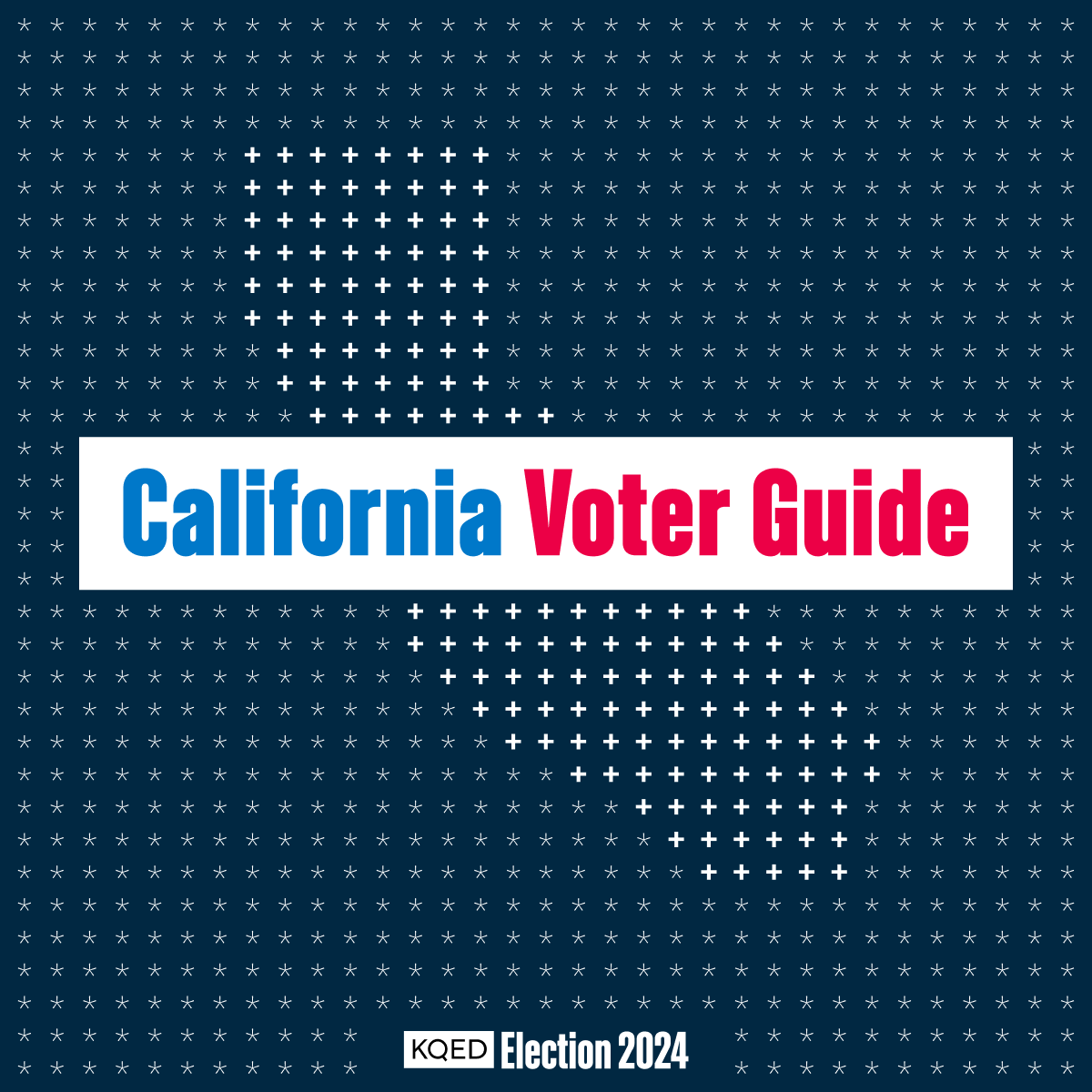There are only a few days left until Election Day on Nov. 5, 2024. And beyond the presidential race, voters in California have a long list of important issues to vote on.
There are a few different ways to return your mail-in ballot at this stage, and early in-person voting is now also available across the Bay Area. And, of course, you can go to a vote site on Election Day itself and vote in person.
But what if you’ll be working on Nov. 5? Can you request time off from work to go vote?
The quick answer is: Yes, in California, voters can take as much time off from work on Election Day as they need to go and vote at a polling booth. But only two hours of that time will be paid, and if you work Monday-Friday you’ll need to request this time as soon as possible, and by Friday Nov. 1 at the very latest .
While employers are required by state law to respect the time workers need to go vote, there are a few things to keep in mind. Keep reading for what you need to know about requesting time off from your employer to vote on Nov. 5.
What to know about rights as a worker and a voter on Election Day
You need to give advance notice ASAP
If you’re scheduled to work on Nov. 5 and are planning to vote in person, let your boss know as soon as possible that you will need to take some time off that day. This is important because state law allows employers to require advance notice for any voting-related scheduling requests.
How far in advance of Election Day do you need to ask your boss for time to go vote? According to the California Elections Code, you must notify your employer at least two working days prior to the election. So, if you work Monday through Friday and Election Day is on Tuesday, Nov. 5, you should talk to your boss by Friday, Nov. 1, about taking time off to vote.
Consider how much time off to request and when you’ll vote
When you have this conversation with your boss, let them know how much time you think you need to go to the polling station, fill out your ballot and come back to work.
You can have more than two hours off, but only two of those must be paid, said Brittany Stonesifer, senior staff attorney at the American Civil Liberties Union (ACLU) of Northern California.


